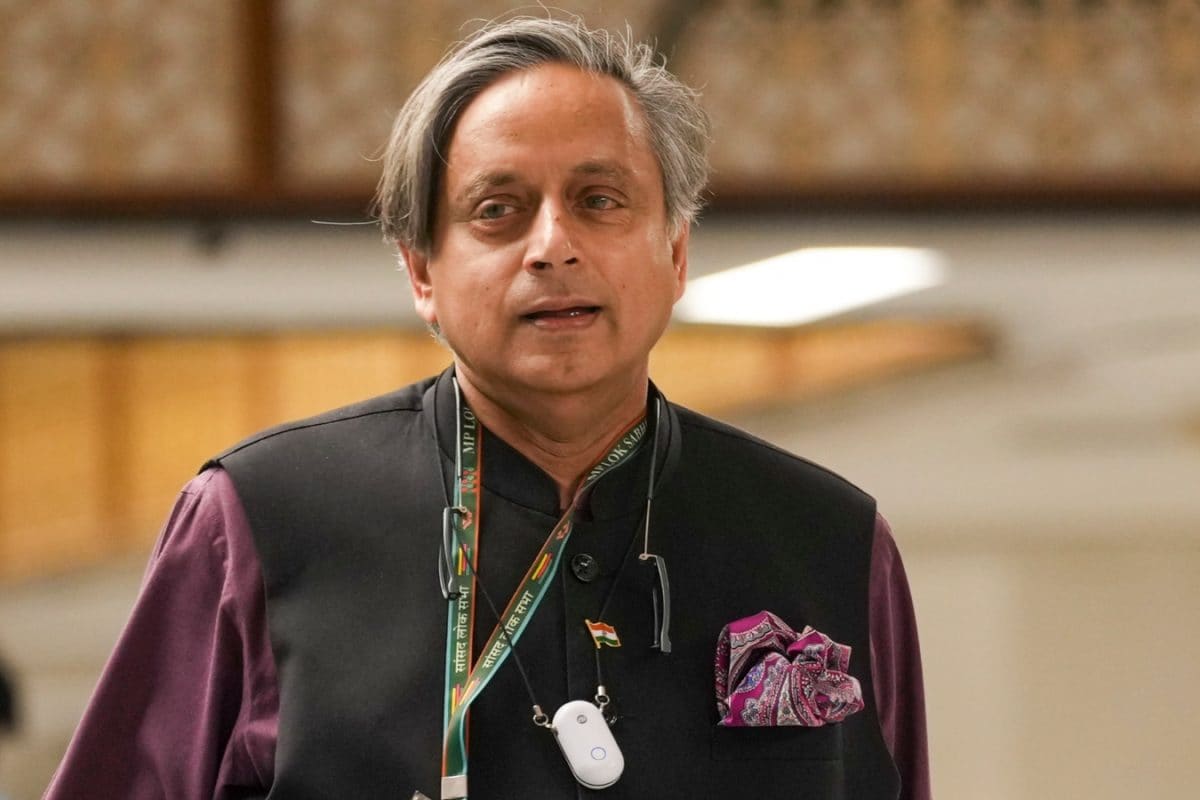

Amidst escalating tensions and global concerns, India and Pakistan have agreed to a ceasefire, effective May 10, 2025. The agreement, which includes a cessation of all military actions on land, air, and sea, was announced after the United States mediated talks between the two nations. However, hours after the ceasefire was confirmed, accusations of violations arose.
The recent crisis was triggered by a deadly terrorist attack in Pahalgam, Jammu and Kashmir, on April 22, 2025, where 26 civilians were killed. In response, India launched "Operation Sindoor" on May 7, targeting alleged terrorist infrastructures in Pakistan and Pakistan-administered Kashmir. This action further escalated tensions, leading to international calls for de-escalation.
Congress leader Shashi Tharoor has supported the government's decision, emphasizing that the circumstances of 2025 are different from those of 1971. Tharoor remarked that India only wanted to teach 'terrorists a lesson' and not a long-term war after the Pahalgam terror attack. He welcomed the understanding between both countries to stop military activities.
Tharoor's statement alludes to the 1971 war between India and Pakistan, which resulted in the creation of Bangladesh. The current situation, while tense, is distinct. India's response to the Pahalgam attack, through Operation Sindoor, was aimed at dismantling terrorist infrastructure, a specific and targeted objective. This differs from the broader conflict of 1971, which involved larger geopolitical and humanitarian issues.
Several factors contributed to the 2025 ceasefire. The United States played a mediating role, with President Trump announcing the agreement on social media. Secretary of State Marco Rubio and Vice President JD Vance engaged with senior Indian and Pakistani officials to facilitate the ceasefire. Additionally, pressure from other countries with ties to both India and Pakistan, such as Saudi Arabia and the UAE, likely contributed to the de-escalation. The Pakistan DGMO Major General Kashif Abdullah called his Indian counterpart, Lieutenant General Rajiv Ghai, which helped to reach the ceasefire.
Despite the ceasefire agreement, challenges remain. Cross-border firing from Pakistan was reported shortly after the announcement. External Affairs Minister S. Jaishankar affirmed India's firm stance against terrorism. The government has also stated that it remains fully prepared and vigilant, and any future escalation by Pakistan will invite a decisive response.
Shashi Tharoor has also hinted at the betrayal of Pakistan for violating the ceasefire agreement. He posted a couplet on X about Pakistan's actions.
The ceasefire is conditional, and there is no change in India's diplomatic position towards Pakistan. Trade relations remain suspended, and India has not altered its stance on diplomatic measures. The situation remains sensitive, and the coming days will be crucial in determining whether the ceasefire holds and if further talks can lead to a more lasting resolution. Top military officials from both sides are expected to hold discussions.